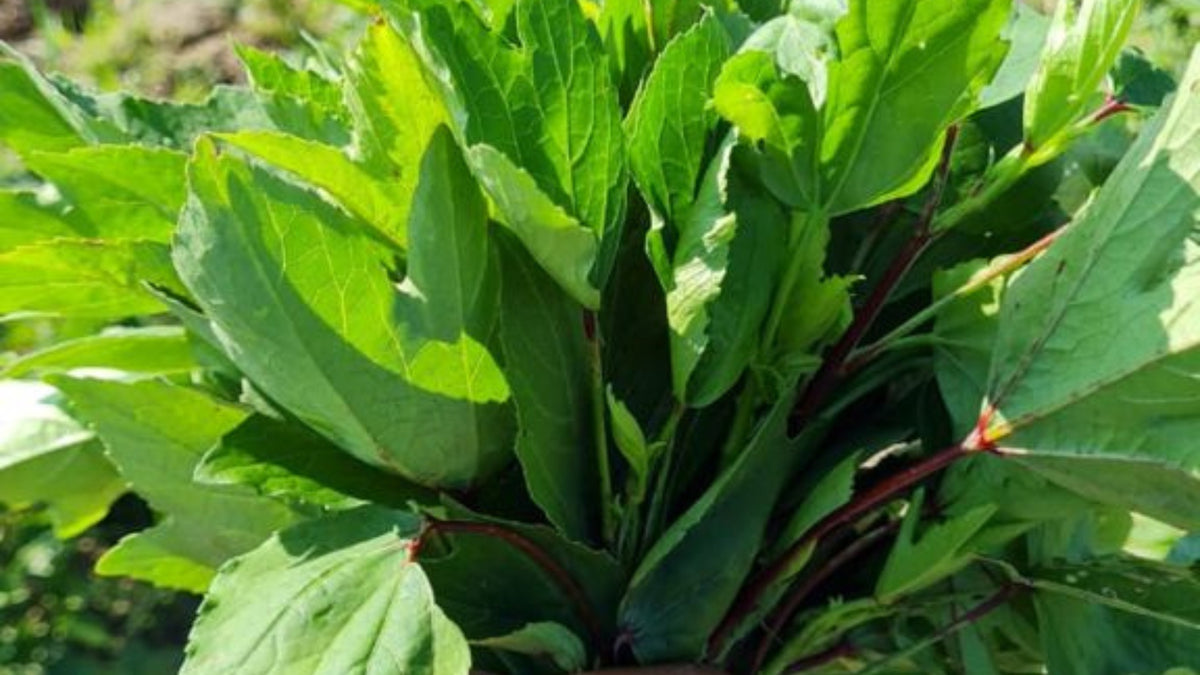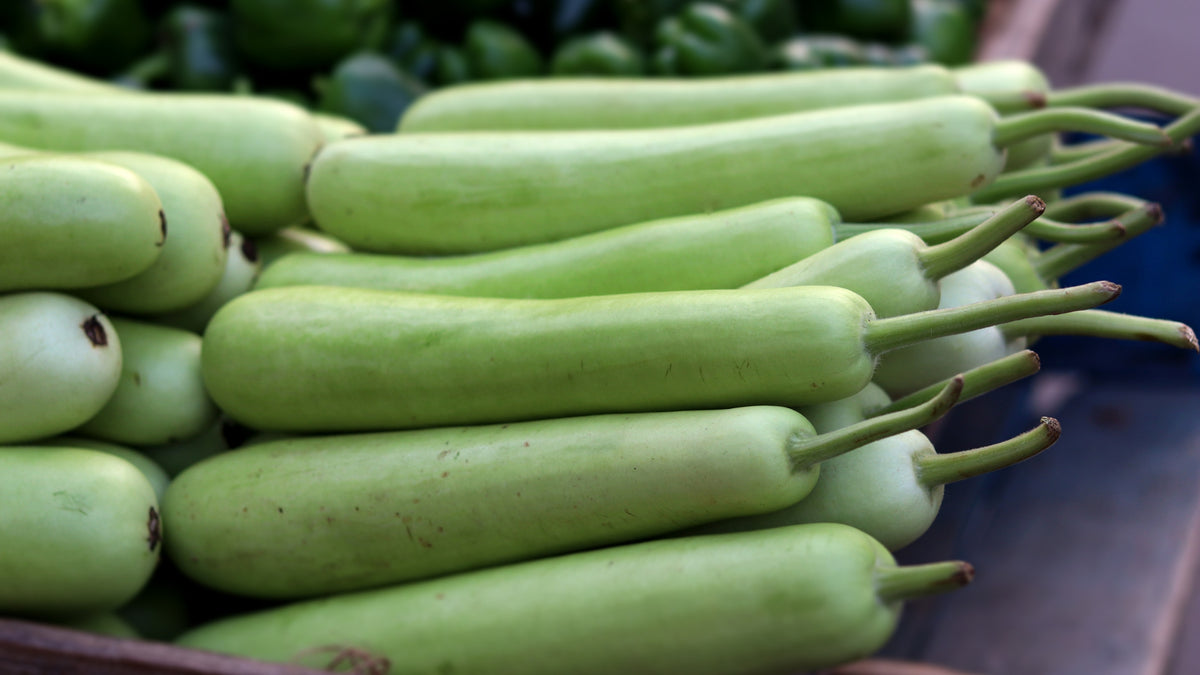
Pitta Dosha Symptoms of Imbalance

Pitta dosha governs our bodies digestion and metabolism which transforms food into nourishment for a healthy mind and body. There are two universal elements fire and water that form the pitta dosha and it’s the cooking energy of fire and water that transforms food into nutrients. The principal function of pitta dosha is to maintain the normal physiology of the body by supplying nutrients and energy for all bodily functions.
Primary Functions of Pitta Dosha
- Vision
- Appetite and Digestion
- Feeling of hunger or thirst
- Softness and luster within the body
- Normal body temperature
- Normal complexion of skin
- Cheerfulness
- Intelligence
- Courage
- Anger
- Discernment and understanding
How Pitta Dosha Becomes Imbalanced
The doshas exist in three states: hypofunction (kshaya), hyperfunction (vriddhi), and normal physiological state (sama). Observing the increase or decrease of the dosha is used to understand the current state of each dosha. When increased the features are in excess, when decreased the features are in decline and when in a normal state there is healthy function.
When pitta dosha is increased, the symptoms include yellowish color of stool, urine, eyes, and skin, increased hunger, increased thirst, burning sensation, feeling less sleep is required, lightheaded or fainting, weak sensory perception, inability to focus on daily tasks, loss of vitality and strength, desire for coldness, bitter taste in mouth, giddiness, excessive anger and irritability.
When pitta dosha is decreased, the symptoms include poor digestion and metabolism, feeling cold, loss of skin luster, body stiffness, pricking pain, loss of appetite, excessive roughness or coarseness of the body, tremors, feeling heavy, sluggish or weight gain, whitish coloration of eyes, skin, or nails.
Forty Symptoms of Pitta Dosha Imbalance
- Increased body heat
- Excess body heat
- Burning body heat
- Intolerable body heat
- Fuming or steaming body heat
- Hyperacidity
- Burning sensation
- Internal burning
- Burning sensation in the arms
- Hyperthermia or over heating
- Excessive sweating
- Foul smell from the body
- Sharp tearing sensation or shooting pain
- Unprocessed metabolites (ama) in the blood
- Unprocessed metabolites (ama) in the muscles
- Burning sensation in the skin
- Cracked skin
- Loss of skin thickness
- Hives
- Skin pustules
- Bleeding disorders
- Skin discoloration from bleeding or bruising
- Greenish skin tone color
- Yellowish skin tone color
- Blueish colored moles
- Boils or deep infection in the hair follicle
- Jaundice
- Bitter taste in mouth
- Blood-like smell from the mouth
- Foul smell from the mouth
- Excessive thirst
- Loss of feeling content
- Inflammation in the stomach
- Inflammation in the throat
- Inflammation in the eyes
- Inflammation in the anus
- Inflammation in the penis
- Discharge of blood (nosebleed)
- Darkness around the eyes
- Green or yellow discoloration of the eyes, urine, or stool
When there are multiple signs of pitta dosha imbalance it is important to adopt an Ayurvedic protocol that supports returning the dosha back to its normal state. A pitta balancing protocol includes foods and herbs that are primarily sweet, bitter, and astringent tasting, as well as cooling qualities. Therapeutic procedures such as oleation, purgation, fasting, affusion, and massage should have anti-pitta action and be administered at the right time and dosage.
Of the above mentioned protocols, purgation is regarded as the most effective mode for returning pitta dosha back to its normal state. When pitta is overcome in the digestive system the administration of herbal purgatives will help balance the other parts of the body affected by an imbalanced pitta dosha.
Basic Products for Balancing Pitta Dosha
Avipathi Churnam balances both pitta and kapha dosha, helps improve appetite and digestion, removes ama from the gut, and excess acidity from the liver.
Nimbamrita Asavam balances both vata and pitta dosha, the main herbs are neem and guduchi which help lower inflammation and pain, and support healthy joints, skin, and blood.
Kutaja Arishtam balances pitta dosha, the main herb kutaja helps to remove ama from the gut, eases gas, bloating and pain from the digestive system and kindles digestive fire.
Mahatiktaka Ghritam balances pitta dosha and is a combination of bitter herbs that helps remove ama and acid from the blood, liver, gut and skin, and supports healthy skin and complexion.
Trivril Leham balances both pitta and vata dosha, the main herb is trivrit which supports healthy bowel movements, helps to remove ama from the liver and digestive tract.
Ayurvedic Consultation
Kottakkal is committed to offering the highest quality Ayurvedic Healthcare. We offer two types of consultations, the first one is a Free 15-minute Consultation for when you need a product recommendation for a basic health problem. The second one is an In-depth Consultation with our Ayurvedic doctor. If your condition is chronic or you have multiple symptoms, we highly recommend the in-depth consultation.
Disclaimer: These statements have not been evaluated by the Food and Drug Administration. Kottakkal Ayurveda products and information are not intended for use in the diagnosis, treatment, cure, or prevention of any disease. If you have serious, acute, or chronic health problems, please consult a trained health professional. If you are seeking the advice of a trained Ayurvedic professional, call (800) 215-9934 or email us at contact@kottakkal.shop. We will provide you with information to consult with Ayurvedic professionals. Always check with your doctor before taking herbs when pregnant or nursing.
Also in Healing with Kottakkal Ayurveda

Food is Medicine - Organic Gongura Leaf
Gongura, often referred to as Indian sorrel, is a leafy green vegetable packed with an array of health benefits. This vibrant green is a treasure trove of essential vitamins, minerals, and antioxidants.

Food Is Medicine - Organic Bottle Gourd

Boosting Energy and Rejuvenation with Narasimha Rasayana
Narasimha Rasayanam is an herbal jam formulated with base ingredients of butter, honey, and milk. This time-tested remedy is believed to promote balance within the body's three doshas, vata, pitta, and kapha and supports a range of health concerns. From supporting physical strength and hair health to promoting rejuvenation and cognitive function, Narasimha Rasayanam offers a multifaceted approach to well-being.


Julie Wardwell